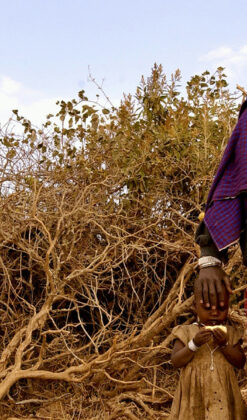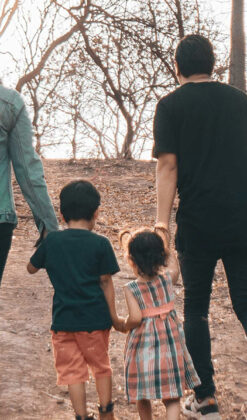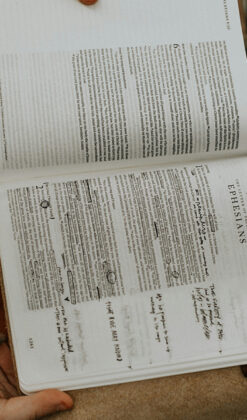
Our flight to Nepal never ended. We were in the air for 8 years and 3 months—or so it seemed. I took off from Boise at 7:10am on Wednesday morning, met the guys in LAX at noon, and landed in Kathmandu sometime on Friday still buzzing from jet lag and the excessive amounts of coffee prescribed to fight against it. Or was it Saturday? All I know is that I got a whole lot of reading and writing done, and probably watched way too many movies and still had time to watch more movies. But we made it. And God continues to show us that he’s working through unlikely people all over the world.
The purpose of our trip is to document some of the work that God’s been doing here in Kathmandu, work that Touch Nepalhas been involved in. We spent a good part of the day on Saturday in the slum area of Balkhu, a stretch of tin-roof houses—if we can call them houses—along the Bagmati river that cuts through the heart of Kathmandu. I’ll blog about what God’s doing in Balkhu tomorrow. But for now, I want to introduce you to Bikash.
Bikash is a fun-loving, energetic Jesus follower, whom we met on our previous trip in January 2014. In many ways, Bikash is a lot like you and I. He’s speaks good English. He’s studying Business Administration at the University, with only one year left. And he enjoys a good pizza, which we found out yesterday as we threw down several pies at the local pizza joint “Fire and Ice.” Bikash has been my roommate for this trip. We’re sharing a room at the hotel we’re staying at and we’ve enjoyed getting to know each other.
Bikash, however, is not like you and I. He’s experienced life through a lens we’ll never look through. For one, both of his parents have leprosy. They contracted the disease when they were in their teens, before they had Bikash. Leprosy isn’t genetic, so Bikash himself doesn’t have leprosy. But he’s spent his entire life—and currently lives—in a leper colony outside the city. He’s never actually stayed in a hotel before; Friday was his first night ever. But according to Bikash, leprosy, though one of the more horrific illnesses anyone can experience, has mediated unforeseen blessings to both Bikash and his parents. Because unlike 98% of the people born in Nepal, Bikash was actually born into a Christian home.

When his parents contracted leprosy, they sought treatment at a local hospital run by Christian missionaries. There, they received medical help and the good news about a Jewish messiah, who also had a heart for lepers. Both of them got saved and have been walking faithfully with Jesus ever since. Bikash, therefore, was raised in a Christian home and has loved Jesus for as long as he can remember. With a huge smile on his face, he told me about the blessing of leprosy.
I don’t want to be that annoyed short-term missions guy, who goes overseas for a few days and comes back angry at American wealth and apathy, only to go back sipping 5 dollar Lattes within a month. But—seriously folks. “The blessing of leprosy?” Perhaps living in a culture that’s so thickly insulated with comfort and ridiculous affluence is one of the fattest roadblocks to having faith in God. The God of the lowly. The God of the marginalized. The God of the poor. The God of the leper. The God who carpet-bombed Sodom for being arrogant, overfed, and unconcerned for the poor (Ezek 16:49). To assuage our guilt, we say it was because of homosexuality.
Even though Bikash is nearly finished with his college degree, he’ll have a near impossible time finding a job when he’s finished. In Nepal, college degrees do little to get you a job. It’s all about who you know, not what you know. And being born and raised in a colony of lepers places Bikash among the untouchables, or Dalit—the lowest of the low Caste here in Nepal. Jobs are not a right but a privilege here in Nepal—a privilege for those who happen to know the right people or those who have been born into the right family. Bikash is neither.
Yes, my cynicism toward Americans who don’t want to work when jobs are plentiful has grown just a tad. Okay, maybe more than a tad.
In his free-time, therefore, Bikash has started a tutoring program, where he helps 30-40 children with their school work and teaches them about Jesus. Bikash oozed with happiness as he told me about all these children whom he’s able to teach and love. Most of these children are from the leper colony as well, and they will therefore have the same bleak future that Bikash has. But maybe, just maybe, they will find Jesus and therefore discover all the riches in the world.
And it all starts with a sovereign God using one of the earth’s curses—leprosy—to draw two people to himself. Paul tells us to “do all things without grumbling or questioning” (Phil 2:14) and the author of Hebrews says Moses “considered the reproach of Christ greater wealth then the treasures of Egypt, for he was looking to the reward” (Heb 11:26). These do go hand in hand. We are in Christ. What could we possibly grumble about? Even if we have nothing—though we have many things—we have everything because we have him.
Look to the reward and lay hold of your joy.











